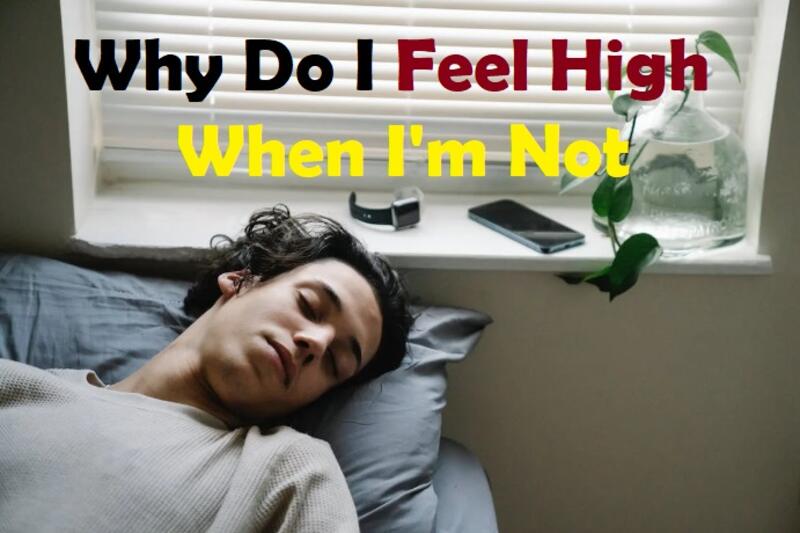Do you ever wonder, “Why do I feel high when I’m not even under the influence?” It’s a common and perplexing sensation, and you’re not alone in experiencing it. In this comprehensive guide, we will delve into the various factors that contribute to this phenomenon, explore the science behind it, and offer practical solutions for managing these unexpected sensations.
Why Do I Feel High When I’m Not?
Feeling high without the use of substances can be disorienting, but it’s essential to remember that it’s a complex issue with multiple potential causes. Let’s explore this phenomenon in detail and understand what might be responsible for these sensations.
The Brain’s Role
Understanding the brain’s involvement is crucial in answering the question, “Why do I feel high when I’m not?” The brain is a powerful organ that controls our thoughts, emotions, and sensory experiences. Sometimes, it can produce sensations of euphoria, even in the absence of external stimulants.
Neurotransmitters and Their Influence
Neurotransmitters, the brain’s messengers, play a significant role in these unexplained highs. An imbalance in neurotransmitters such as dopamine and serotonin can lead to feelings of elation or euphoria.
Stress and Anxiety
Stress and anxiety can also trigger a sense of being high. These conditions lead to the release of stress hormones like cortisol, which can affect the brain’s functioning, altering your mood and perception.
External Factors
Various external factors can cause you to feel high, even when you’re not intentionally seeking it. Let’s explore some of these factors:
Lack of Sleep
A common cause is sleep deprivation. When you’re sleep-deprived, your brain may compensate by releasing chemicals to keep you awake and alert, resulting in a sensation akin to being high.
Diet and Nutrition
Your diet can also influence your mood and sensations. Consuming foods or drinks with high sugar content can lead to a temporary high, followed by a crash in energy levels.
Medications
Certain medications can have side effects that alter your mood and consciousness, making you feel high. Always consult your healthcare provider if you experience this while on medication.
Spiritual and Meditative Experiences
Sometimes, feeling high can be attributed to spiritual or meditative practices. Deep meditation, mindfulness, and intense spiritual experiences can induce feelings of euphoria.
Frequently Asked Questions
Can feeling high without substances be harmful?
- Feeling high without substances is not necessarily harmful, but it can be a sign of underlying issues that should be addressed.
Is it normal to feel high occasionally?
- Yes, it’s normal to experience moments of heightened mood or sensation, especially in response to various life experiences.
How can I manage these sensations effectively?
- Managing these sensations involves understanding their cause. If they are recurrent or distressing, it’s essential to consult a healthcare professional.
Can feeling high without substances be a sign of a medical condition?
- Yes, in some cases, it can indicate a medical condition. If you’re concerned, consult a medical expert.
Are there techniques to prevent feeling high when I don’t want to?
- Practicing stress-reduction techniques, maintaining a healthy lifestyle, and staying mindful of your diet can help manage these sensations.
Is there a way to induce this feeling intentionally for positive experiences?
- Some people explore techniques like meditation or yoga to intentionally induce a positive state of mind.
Conclusion
In conclusion, the question, “Why do I feel high when I’m not” has multifaceted answers. It can result from factors like brain chemistry, external influences, or even spiritual experiences. While it’s not necessarily harmful, understanding the underlying causes and managing these sensations is essential for your well-being. If you ever have concerns about these experiences, don’t hesitate to seek advice from healthcare professionals. Remember, it’s all part of the intricate workings of the human mind.


